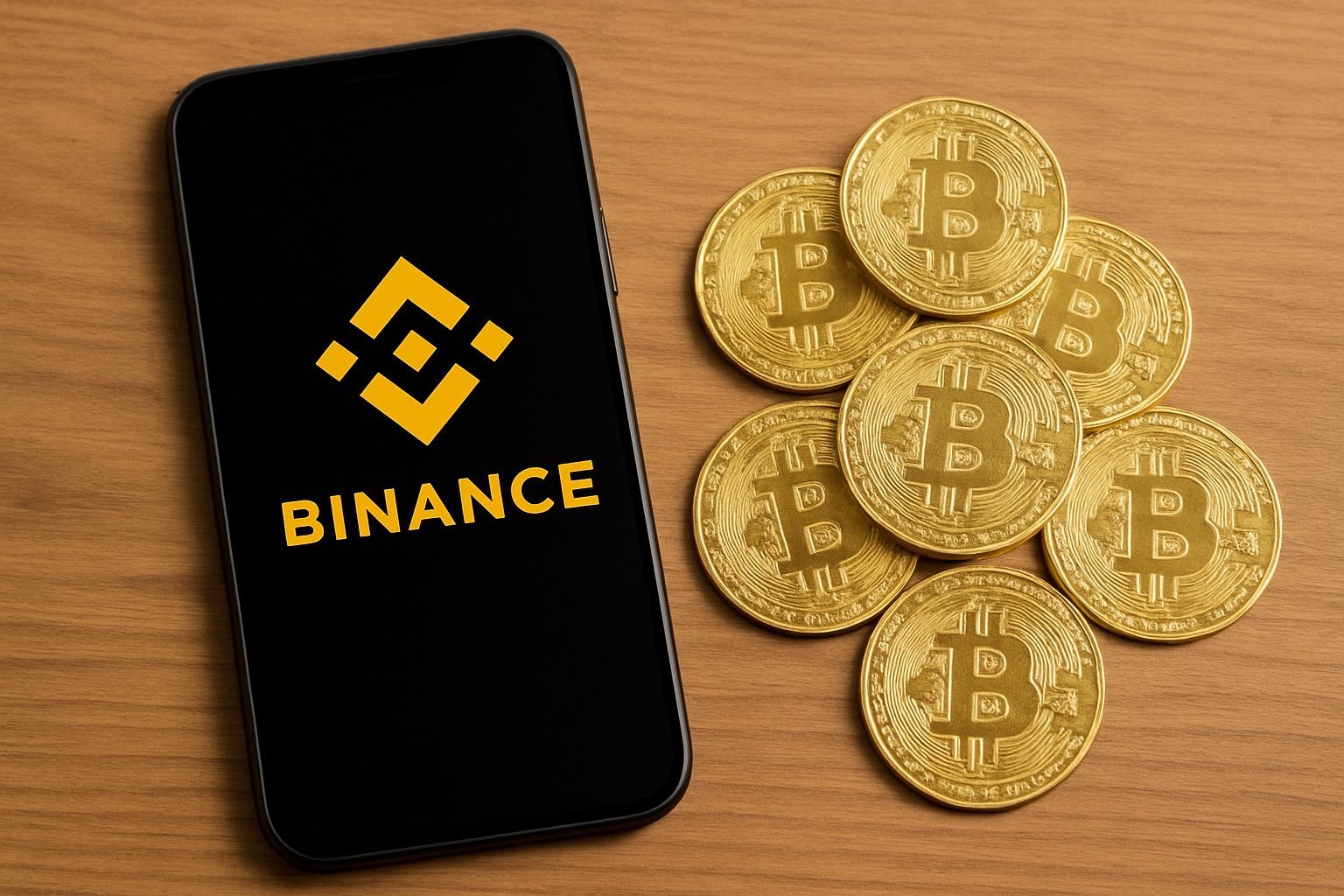Binance, the world’s largest cryptocurrency exchange, is reportedly partnering with the Spanish bank BBVA to let customers keep assets off the exchange.
BBVA would serve as one of a small number of independent custodians for Binance. This move is aimed at boosting investor confidence following the shockwaves from the 2022 collapse of FTX.
The partnership comes at a time when Binance is under intense global scrutiny. Earlier this year, U.S. authorities fined Binance 4.3 billion dollars for anti-money laundering and sanctions violations. Its founder, Changpeng Zhao, was sentenced to four months in prison. The move to work with BBVA is an attempt to improve transparency and reassure investors about the safety of their funds.
BBVA already provides cryptocurrency custody services for institutional clients in Switzerland and Turkey. Neither the bank nor Binance have confirmed the details of this new arrangement. Still, the reported deal highlights a growing trend in the crypto world. Exchanges and traditional financial institutions are looking to restore trust by offering third-party custody options.
The Importance of Custody in Cryptocurrency
Custody is one of the most important issues in the cryptocurrency industry. Unlike traditional bank accounts, where a bank holds your money and guarantees access, cryptocurrencies give you the choice of who holds your assets. You can leave your coins on an exchange, trust a third-party custodian, or hold your assets yourself using a personal wallet.
When you keep your funds on an exchange, you rely on that company’s security measures and internal controls. Unfortunately, this has led to many high-profile failures in the past, including the collapse of FTX. If the exchange fails, is hacked, or freezes withdrawals, you could lose access to your cryptocurrency.
The BBVA partnership is meant to address these risks. By holding assets off the exchange with a reputable bank, customers gain an extra layer of protection. Independent custodians usually have stronger security and regulatory oversight compared to some exchanges. This can reduce the chances of mismanagement or theft.
Taking Charge: The Case for Self-Custody
Despite the benefits of third-party custody, there is a trade-off. When you rely on someone else to hold your crypto, you must trust their systems and honesty. Custodians could freeze your assets or be vulnerable to hacks. They can also face regulatory pressure such as KYC checks that limit your control.
Self-custody means holding your own private keys and managing your own wallet. This gives you full control and ownership over your cryptocurrency. No one else can access or restrict your funds without your permission. It also protects you from exchange failures or government actions targeting custodians.
The phrase “not your keys, not your coins” captures this idea perfectly. If you do not hold your private keys, you do not truly own your crypto.
Best Bitcoin Wallet Options
The Binance and BBVA partnership is a positive development. It shows exchanges are listening to investor concerns and trying to increase safety. However, it is not a replacement for self-custody.
Crypto investors should consider third-party custody as one option among many. It may suit some who prefer convenience and regulatory protections. Others may want to embrace self-custody for maximum privacy, control and security.
In any case, educating yourself on the risks and benefits of each method is essential. The future of crypto depends on individuals understanding how to safely manage their assets.
One of such ways is not leaving their Bitcoin and crypto on centralized exchanges as that could expose the assets to risks like hacking, theft, or exchange shutdowns. After all, they don’t control the private keys and only trust the platform’s security, which can sometimes fail as evidenced in recent Bybit and CoinDCX attacks.
That’s exactly why many smart investors are moving their assets to secure, self-custody wallets like Best Wallet to maintain full control and ensure better protection. A New York Post-approved wallet, Best Wallet ensures users maintain complete ownership of their assets without asking for personal details – no KYC, email sign-ups, nothing, protecting their peace of mind.
However, its utility extends beyond self-custody, including trading, staking, governance, portfolio tracking, early access to token sales, and many more, providing multiple avenues for users to grow their assets. Unlike most of its peers, it offers multichain support, allowing users to store, swap, buy, and stake digital assets across numerous blockchains.
At the time of writing, the Web3 wallet has already integrated Bitcoin, Base, Ethereum, Polygon, and Binance Smart Chain, with plans to add others, including Solana, XRP, and Dogecoin soon. Buying crypto on the platform through fiat is fast and straightforward, making it an ideal pathway to onboarding newcomers to the crypto space.
Maximum security is ensured through Fireblocks, which provides insurance for all assets within the wallet. With over 500,000 downloads across Google Play Store and Apple Store, Best Wallet is proving to be one of the best Bitcoin wallet options for those who prioritize self-custody, security, and usability.
Visit Best Wallet
This article has been provided by one of our commercial partners and does not reflect Cryptonomist’s opinion. Please be aware our commercial partners may use affiliate programs to generate revenues through the links on this article.
